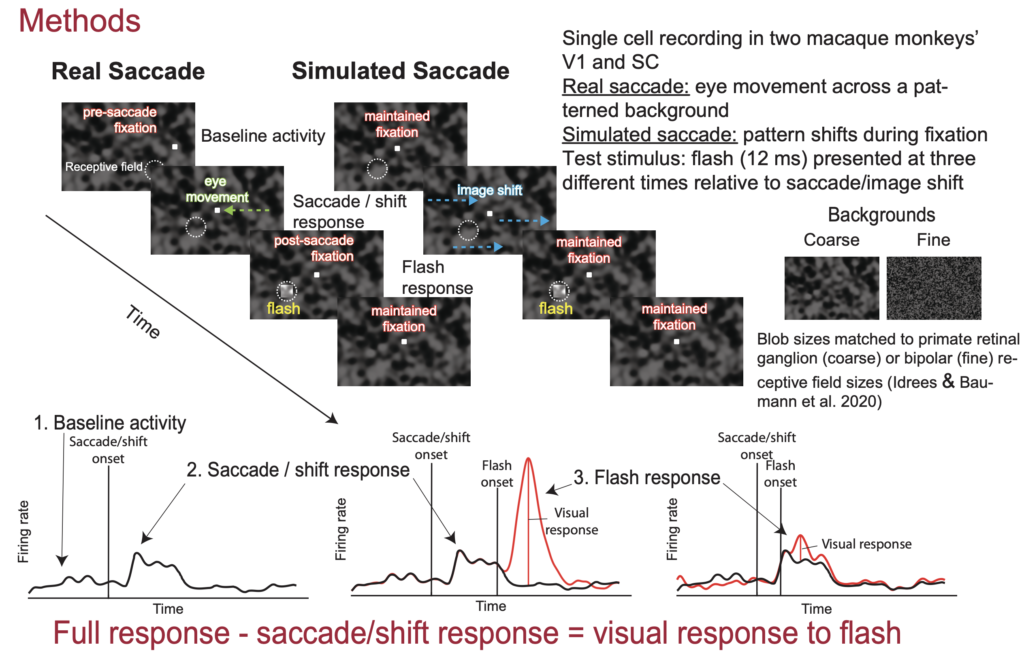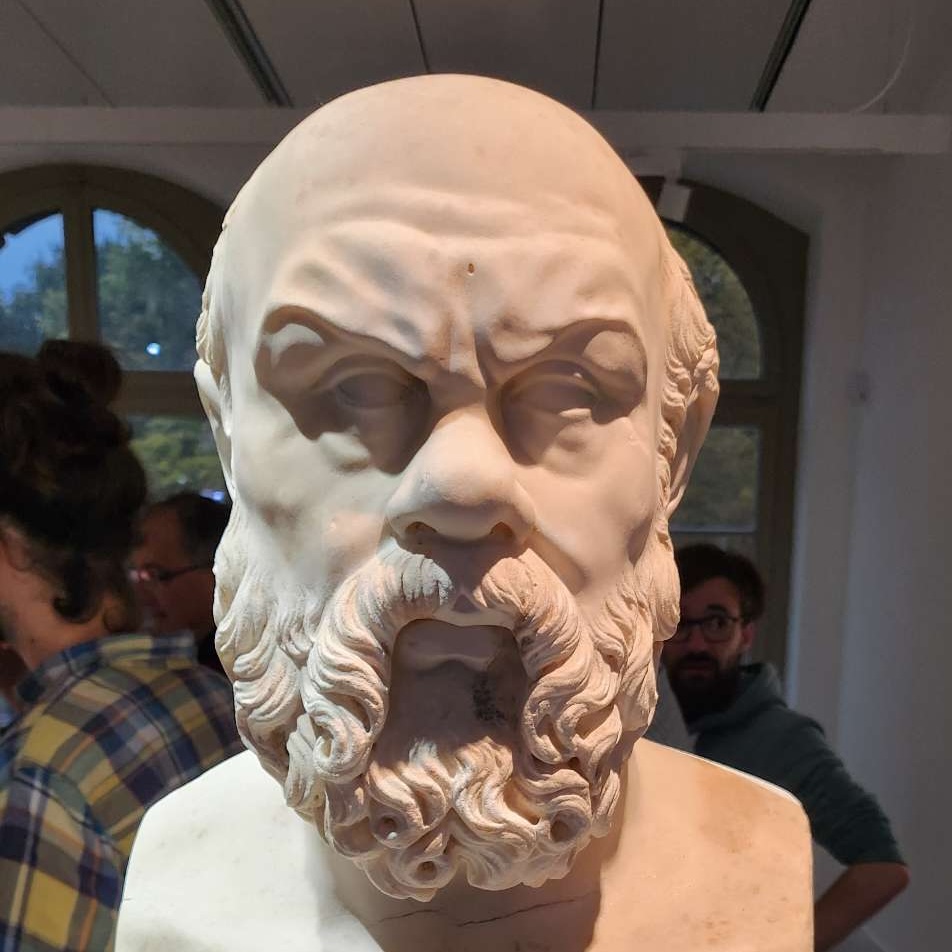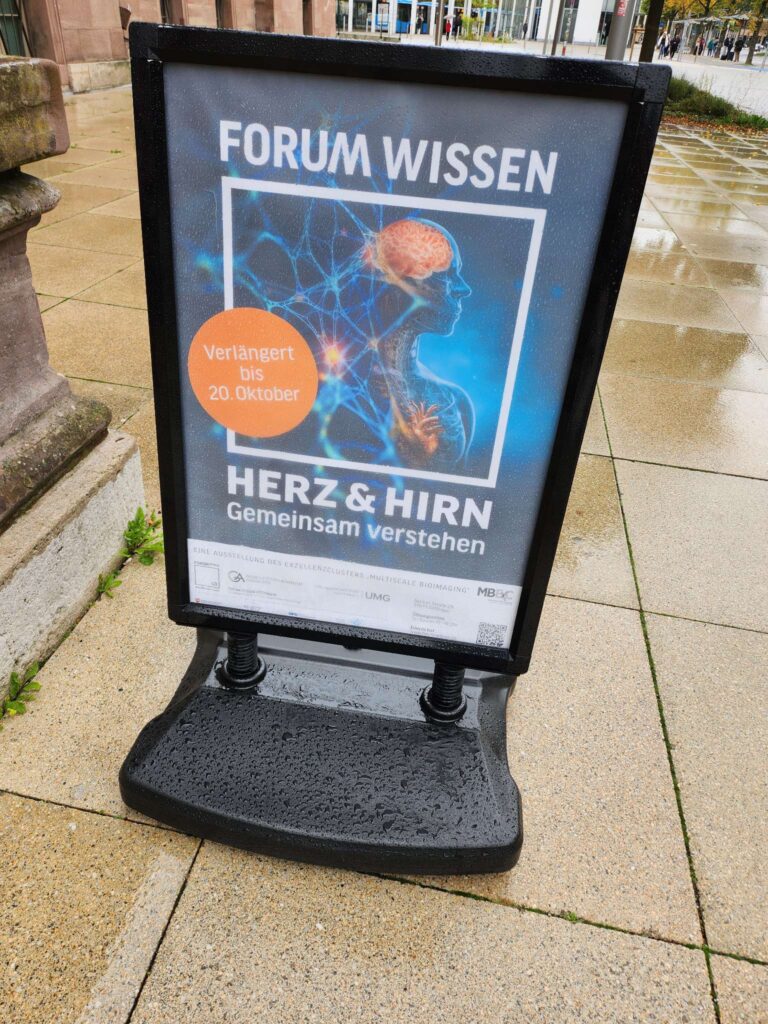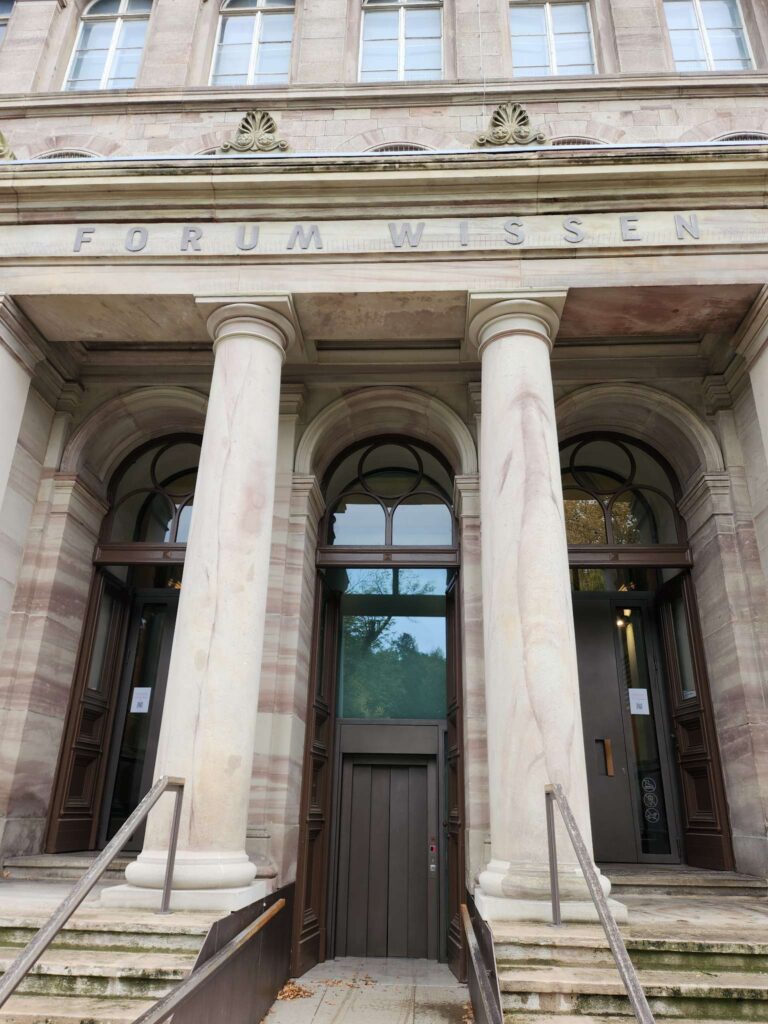
Our lab participated in this year’s annual retreat of the DFG-funded Special Priority Programme SPP 2205: Evolutionary Optimization of Neuronal Processing, which took place in Göttingen, Germany.
This is the first retreat of the second funding period of the program. In both this and the previous funding period, our lab’s involvement in the SPP was in the form of a very interesting collaboration that we currently have with Aristides Arrenberg’s zebrafish lab. In this collaboration, we were motivated by our earlier work on the retinal origins of saccadic suppression (e.g. here and here). Specifically, we found that rapid image shifts caused by saccades are sufficient to cause weaker visual responses in the retina for brief stimulus probes. Thus, perceptual saccadic suppression, the reduced ability of our visual system to detect brief peri-saccadic stimulus probes, starts already in the retina, the very first processing stage of the brain. In this collaboration, we found that this phenomenon also happens in the retinae of zebrafish. We then recorded activity in the optic tectum (OT) of the fish, as well as the superior colliculus (SC) and primary visual cortex (V1) of primates. We used matched visual stimulation paradigms, like we did in our recent retina studies. We found very interesting similarities and differences between fish and primates, allowing us to ask questions like: what is the origin of saccadic suppression, and what is saccadic suppression actually good for? This is a highly fruitful collaboration, and we look forward to very interesting upcoming publications out of it.

The retreat’s program was very interesting and diverse. For example, we learned about kin recognition in C. elegans, efficient coding in grasshopper chirps, and the amazing visually-guided behavior of mouse lemurs! We also presented our own work on saccadic suppression, from zebrafish to primates.
As part of the retreat, we also got a chance to visit the local museum Forum Wissen, containing exhibits about the roles of universities and science in society.
We look forward to continued interactions with such an interesting and diverse group of neuroscientists.




